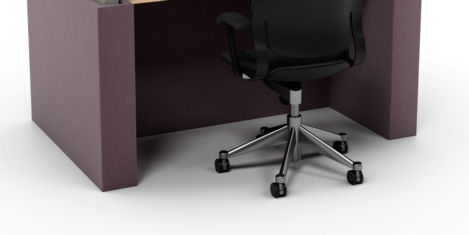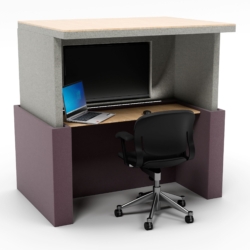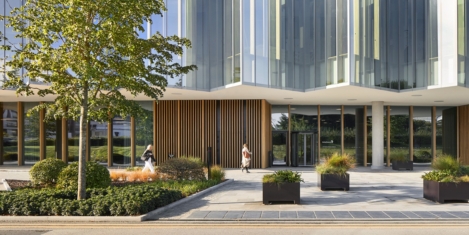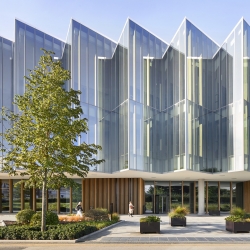To provide the best experiences, we use technologies like cookies to store and/or access device information. Consenting to these technologies will allow us to process data such as browsing behaviour or unique IDs on this site. Not consenting or withdrawing consent, may adversely affect certain features and functions.
The technical storage or access is strictly necessary for the legitimate purpose of enabling the use of a specific service explicitly requested by the subscriber or user, or for the sole purpose of carrying out the transmission of a communication over an electronic communications network.
The technical storage or access is necessary for the legitimate purpose of storing preferences that are not requested by the subscriber or user.
The technical storage or access that is used exclusively for statistical purposes.
The technical storage or access that is used exclusively for anonymous statistical purposes. Without a subpoena, voluntary compliance on the part of your Internet Service Provider, or additional records from a third party, information stored or retrieved for this purpose alone cannot usually be used to identify you.
The technical storage or access is required to create user profiles to send advertising, or to track the user on a website or across several websites for similar marketing purposes.
 New research conducted on behalf of eFax by independent research organisation Vanson Bourne, claims that the majority, more than three quarters (76 percent) of UK IT decision-makers believe their organisations could have made the transition to a hybrid workforce sooner, if they were aware of the pros and cons of moving to a hybrid working model, prior to the Covid-19 pandemic began. (more…)
New research conducted on behalf of eFax by independent research organisation Vanson Bourne, claims that the majority, more than three quarters (76 percent) of UK IT decision-makers believe their organisations could have made the transition to a hybrid workforce sooner, if they were aware of the pros and cons of moving to a hybrid working model, prior to the Covid-19 pandemic began. (more…)





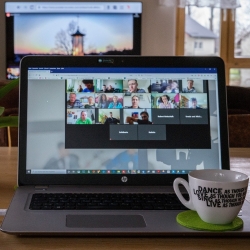 A new global study by
A new global study by 


 As the UK is in the midst of the traditional ‘back to school’ period, many workplaces are debating over when to return to the office, and how. The sudden move to remote working during lockdown has proven that a new hybrid way of working is in fact possible for numerous organisations, but this has come at the expense of face to face communication and in person collaboration.
As the UK is in the midst of the traditional ‘back to school’ period, many workplaces are debating over when to return to the office, and how. The sudden move to remote working during lockdown has proven that a new hybrid way of working is in fact possible for numerous organisations, but this has come at the expense of face to face communication and in person collaboration. 









